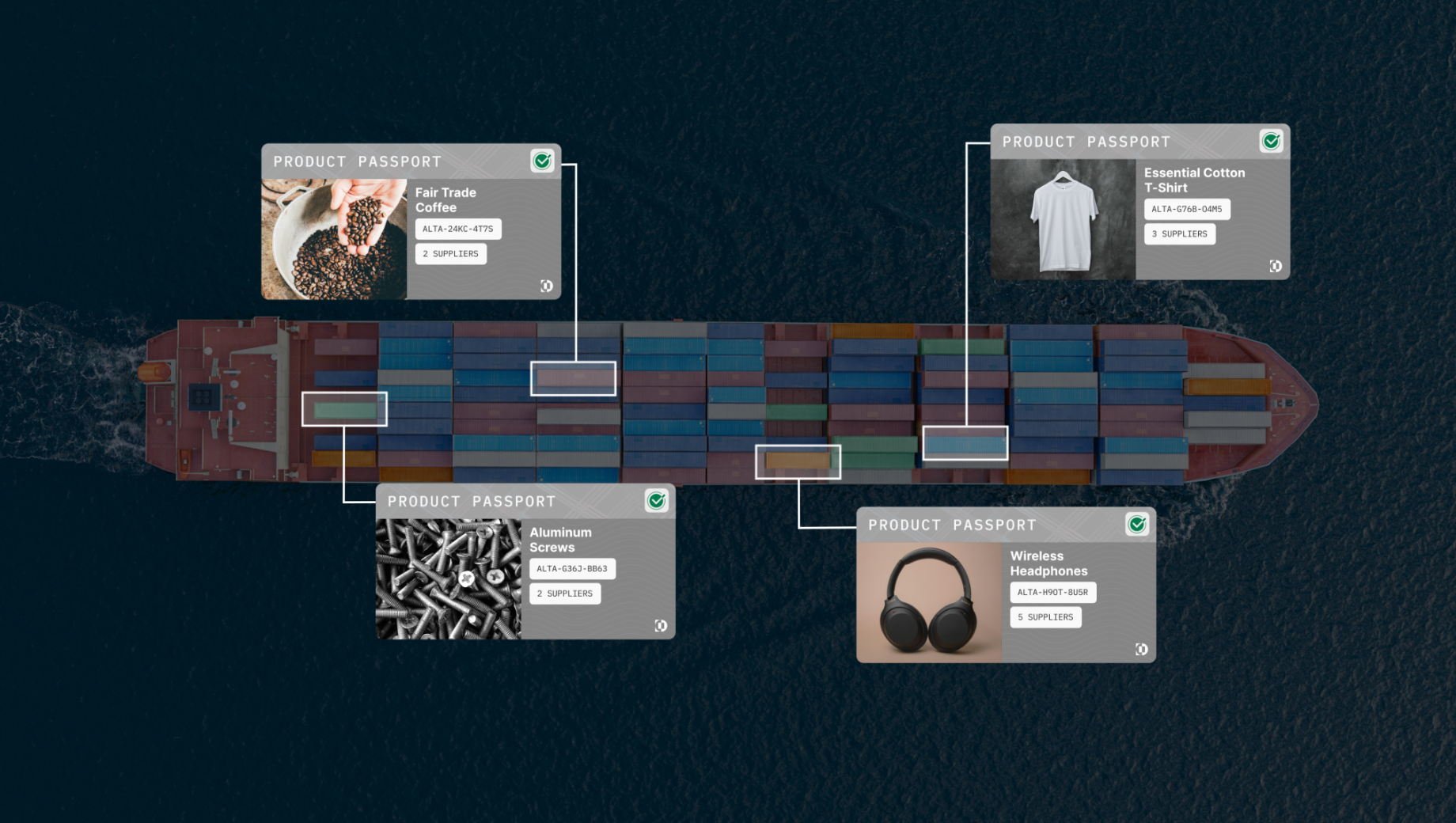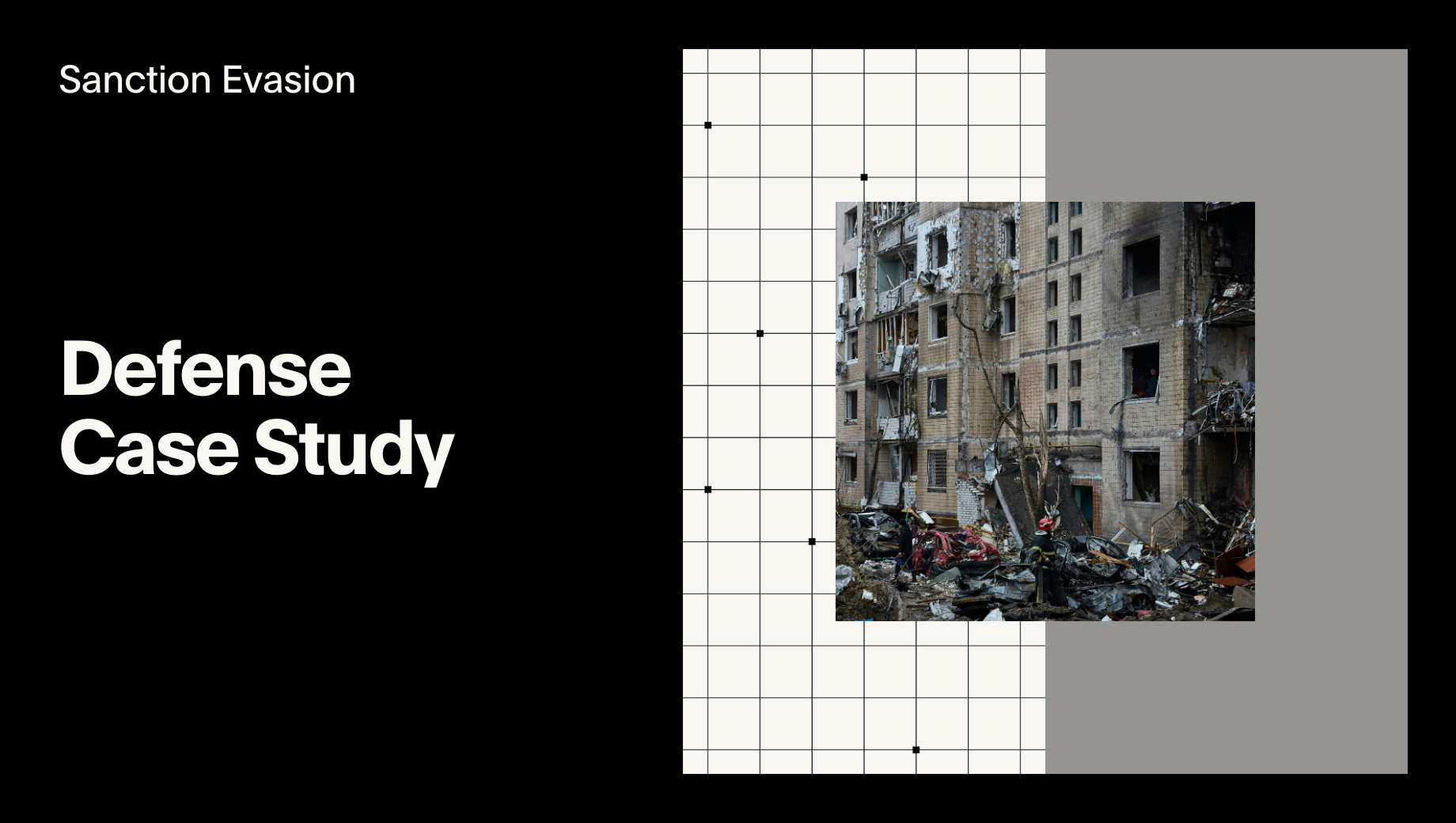The Regulation
On November 19th, 2024, the Council of the European Union officially adopted the EU Forced Labour Regulation (FLR), banning the sale of goods produced using forced labor in all 27 member states. Nearly four years in the making, the regulation establishes, “a framework on which to base legal action targeting products made with forced labour on the internal market.”
Alongside measures like the Corporate Sustainability Due Diligence Directive (CSDDD), the FLR aims to build cooperation and consistency across the European Council trade community and requires authorities to apply common standards when investigating potential violations.
What This Means
- All products sold on the EU market are subject to FLR requirements
- The regulation defines forced labor according to the International Labour Organization’s criteria, including “all work or service which is exacted from any person under the threat of a penalty and for which the person has not offered himself or herself voluntarily”
- Enforcement will be carried out through risk-based investigations by designated authorities from each member state
- The European Commission will develop a public database containing information on geographic areas and products that are at higher risk of forced labor
Failure to comply can result in a company’s products being removed from EU marketplaces, including online stores. In other cases, offending companies may be required to dispose of affected products at their own cost. Continuous non-compliance can also lead to restrictions on a company’s future activities in the EU market, fines, and reputational damage.
While enforcement will not begin until 2027, the Forced Labour Regulation’s passage issues a clear message today: Companies need to implement comprehensive due diligence and monitoring protocols to ensure no forced labor exists in their value chains.
Who It Matters For
The regulation applies to all operators in every economic sector and encompasses the full lifecycle of a product—from raw materials sourcing to assembly, production, and end sale. Under the rule, small and large businesses alike are subject to requests for in-depth information on products and suppliers from designated border and customs authorities.
Although the European Commission has not yet released its forced labor risk database, it may be informed by similar regulations such as the US Uyghur Forced Labor Prevention Act (UFLPA), which publishes an Entity List of companies with suspected tied to forced labor in the Xinjiang Uyghur Autonomous Region (XUAR). Unlike the UFLPA, however, the EU FLR does not presume that all goods originating from a given area were produced using forced labor.
From cotton to key components in electric vehicle (EV) supply chains, a wide range of goods utilize materials that originate in areas that may be classified as high risk within regulations like the EU FLR. To avoid disruptions and the costs of non-compliance, businesses must take a proactive approach to value chain management and integrate tools to help them take command over extended supplier networks.
How Altana Helps
Altana, the world’s first value chain management system, offers a unified, one-stop solution to multi-tier, cross-border compliance that enables businesses to:
See all value chains, upstream and downstream, with unparalleled clarity and understand where forced labor risks lie. Our platform provides detailed material flow visibility based on actual products, allowing you to identify potential forced labor violations and document value chain relationships.
Focus on areas of forced labor exposure specific to your business. Screen new and existing suppliers and products against FLR requirements and leverage real-time alerts, AI-powered insights, and tailored decision support to proactively manage forced labor risks.
Act decisively across value chains to ensure thorough FLR compliance. Efficiently triage potential risks, streamline the collection and verification of forced labor-free documentation from distant suppliers, and build meticulous audit trails from a single source of truth.
Take the Next Step
Learn how Altana can transform your approach to global trade compliance and ensure you’re prepared to meet the requirements of the EU Forced Labour Regulation.



